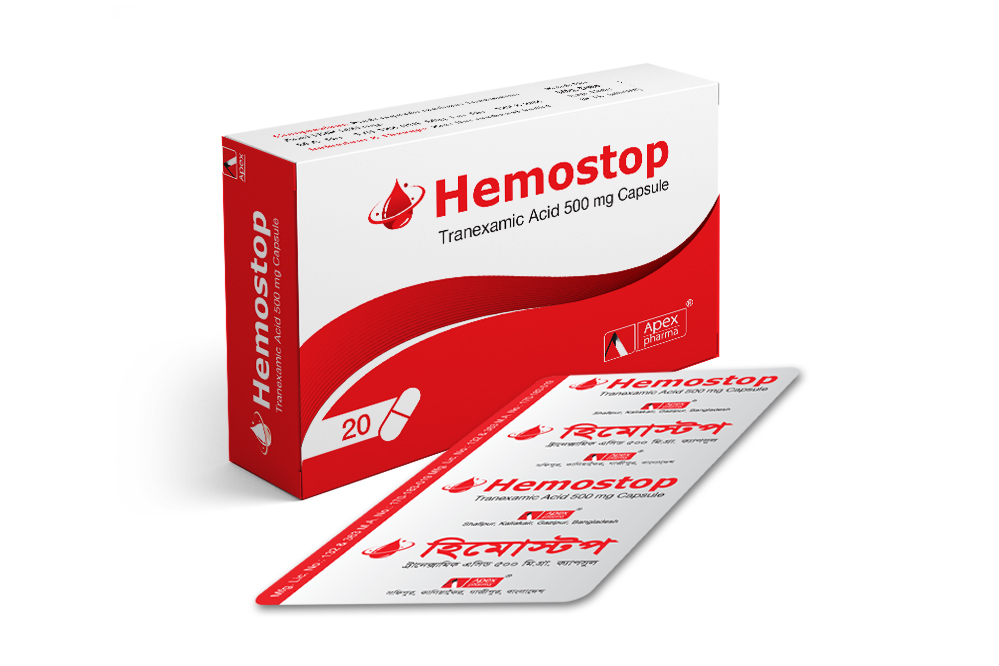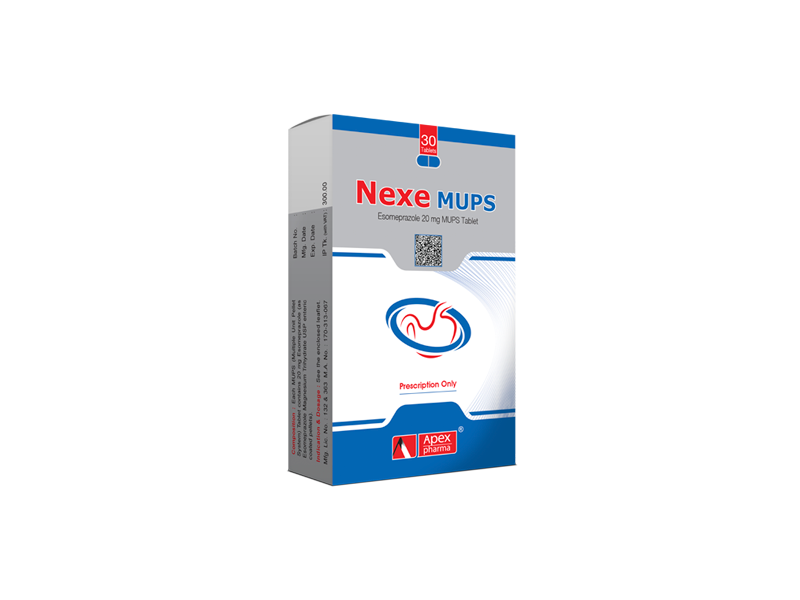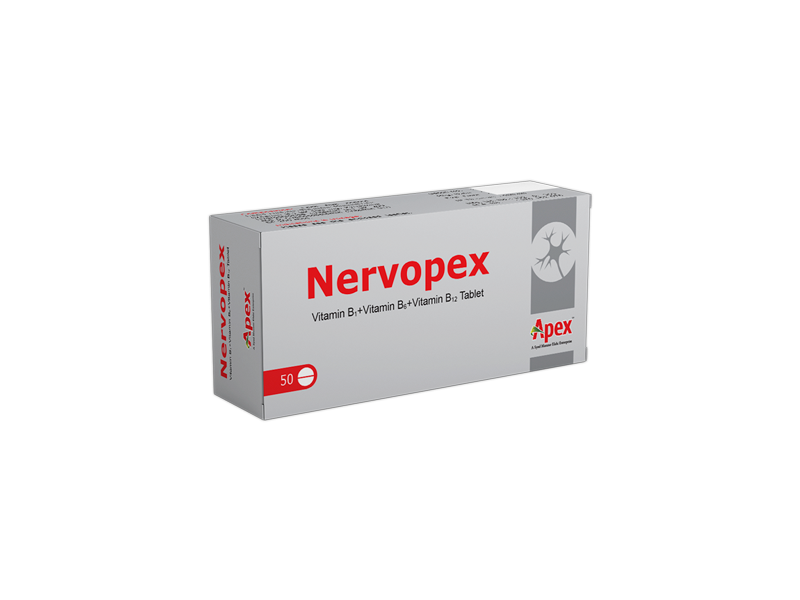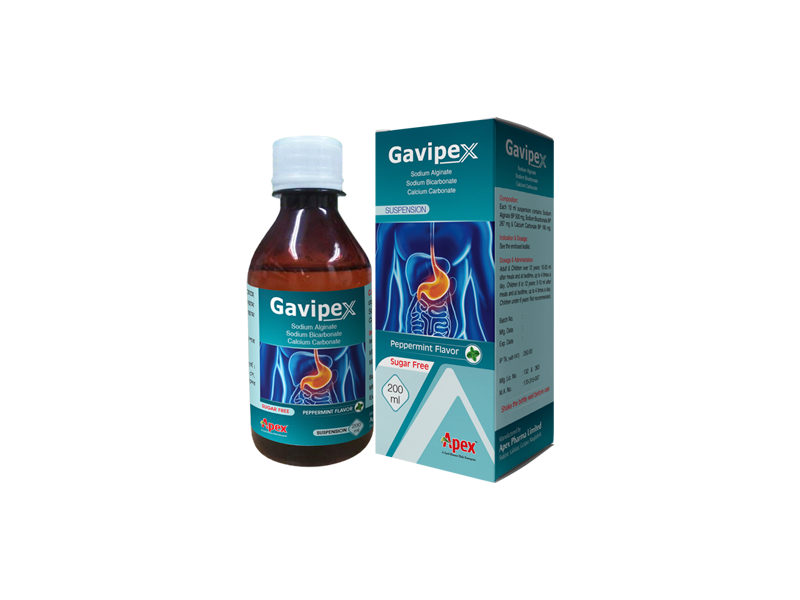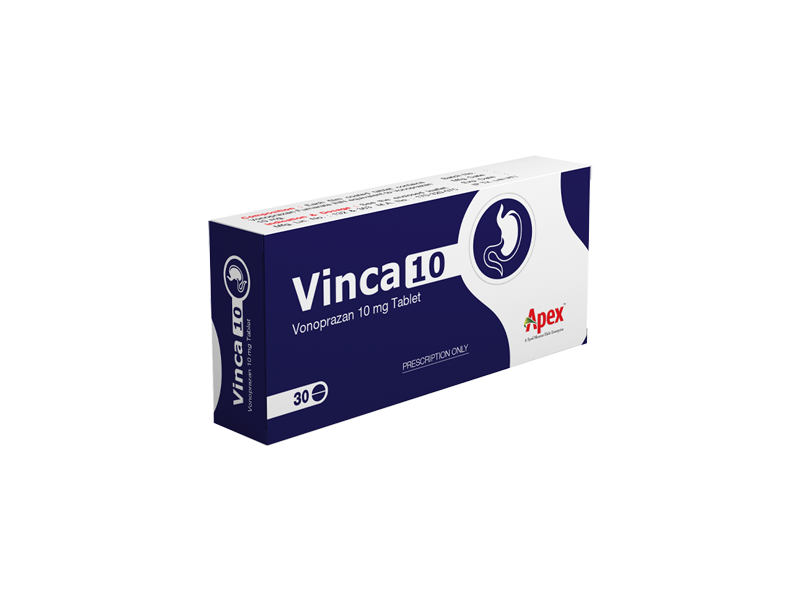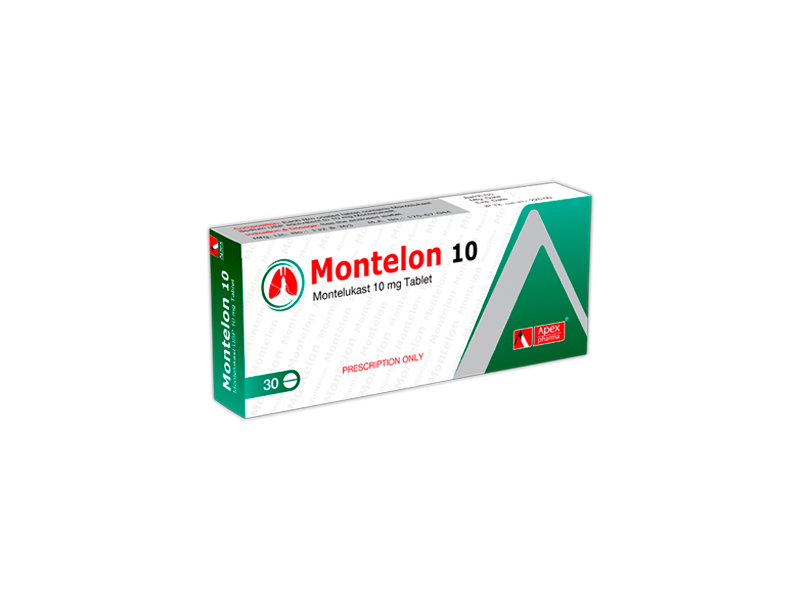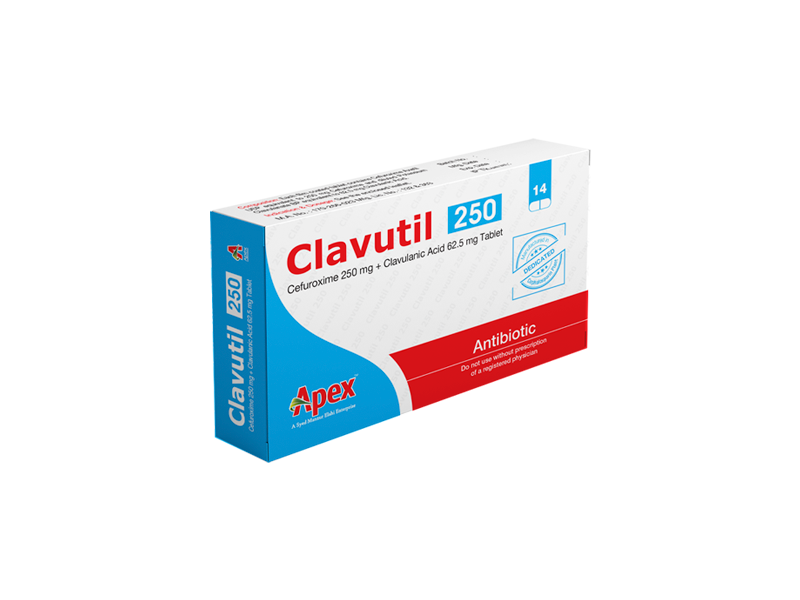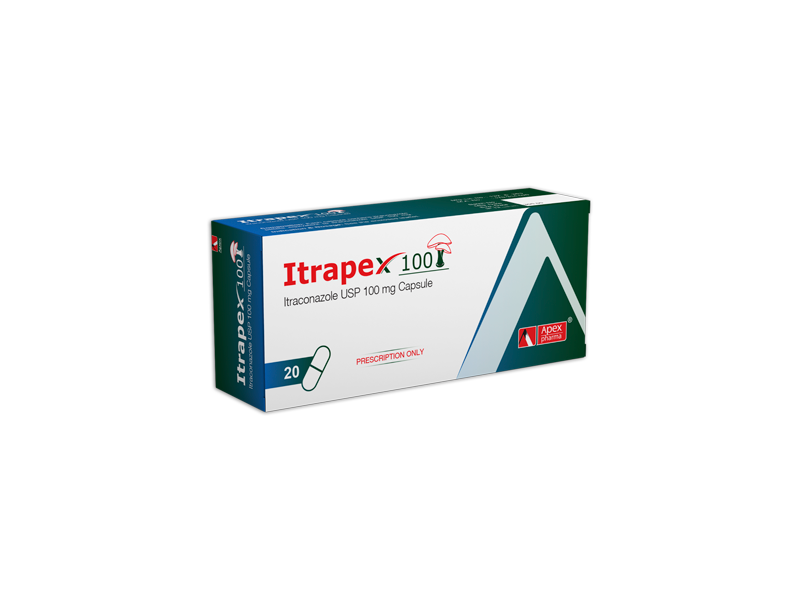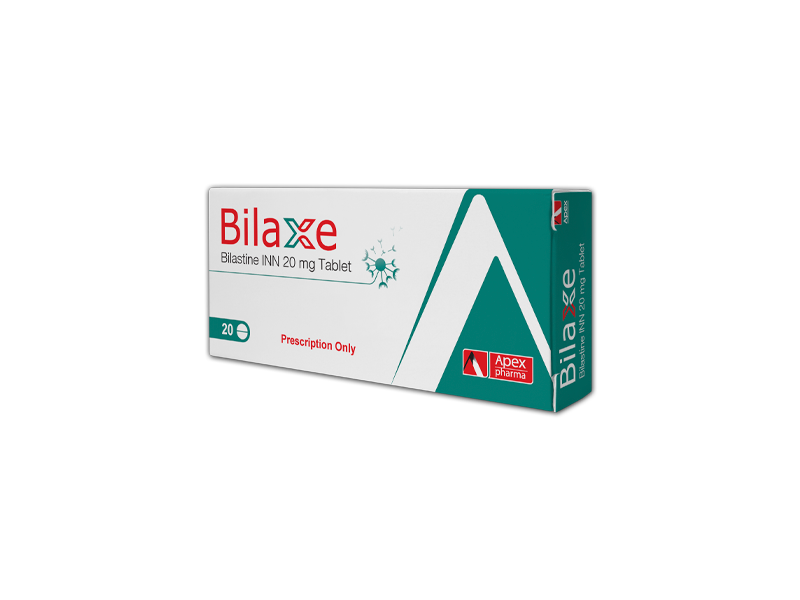
Hemostop
Home / By Brand Name / Hemostop
Presentation
Each capsule contains Tranexamic Acid USP 500 mg.
Description
Tranexamic acid is an antifibrinolytic agent that competitively inhibits the activation of plasminogen to plasmin, a molecule responsible for the degradation of fibrin. It is often prescribed for excessive bleeding.
Indications and Usage
Tranexamic acid is used to treat and prevent excessive bleeding.
Local bleeding may occur in patients with the following conditions:
- Prostate and bladder surgery (Prostatectomy)
- Heavy periods (Menorrhagia)
- Nose bleeding
- Dental extraction for patients who have a blood clotting disorder
- Inflammation of the colon and bowel
General bleeding may occur in patients with:
- Prostate or pancreatic cancer
- After major surgery
- Liver disease
- Complications after giving birth
- Leukemia
Tranexamic acid may also be used to treat hereditary angioneurotic oedema (periodic swelling of the throat).
Dosage and Administration
By mouth 15-25 mg / kg 2-3 times daily, Menorrhagia: 1 g three times daily for up to 4 days; Hereditary angioneurotic oedema:1-1.5 g 2-3 times daily.
Contraindications
Hemostop is contraindicated in patients with a history of thromboembolic disease and severe renal impairment.
Precautions
Patients with irregular menstrual bleeding should not use Tranexamic acid until the cause of the irregularity has been established. If menstrual bleeding is not adequately reduced by Tranexamic acid, an alternative treatment should be considered. Patients with a high risk for thrombosis (a previous thromboembolic event and a family history of thromboembolic disease) should use Tranexamic acid only if there is a strong medical indication and under strict medical supervision.
Side Effects
Gastrointestinal discomfort like nausea, vomiting, diarrhea may occur but disappear when the dosage is reduced. Disturbances in color vision and thromboembolic events reported rarely. Rare cases of allergic skin reactions have also been reported.
Use in Pregnancy and Lactation
Although there is no evidence from animal studies of teratogenic effect, the usual caution with the use of drugs in pregnancy should be observed. Tranexamic acid is excreted into breast milk, but it is not likely to influence the child at therapeutic doses.
Use in Children
Clinical experience with Tranexamic acid in menorrhagic children under 15 years of age is not available.
Use in Elderly Patients
No reduction in dosage is necessary unless there is evidence of renal failure.
Store in a cool and dry place, away from light. Keep out of the reach of the children.
PRODUCTS
